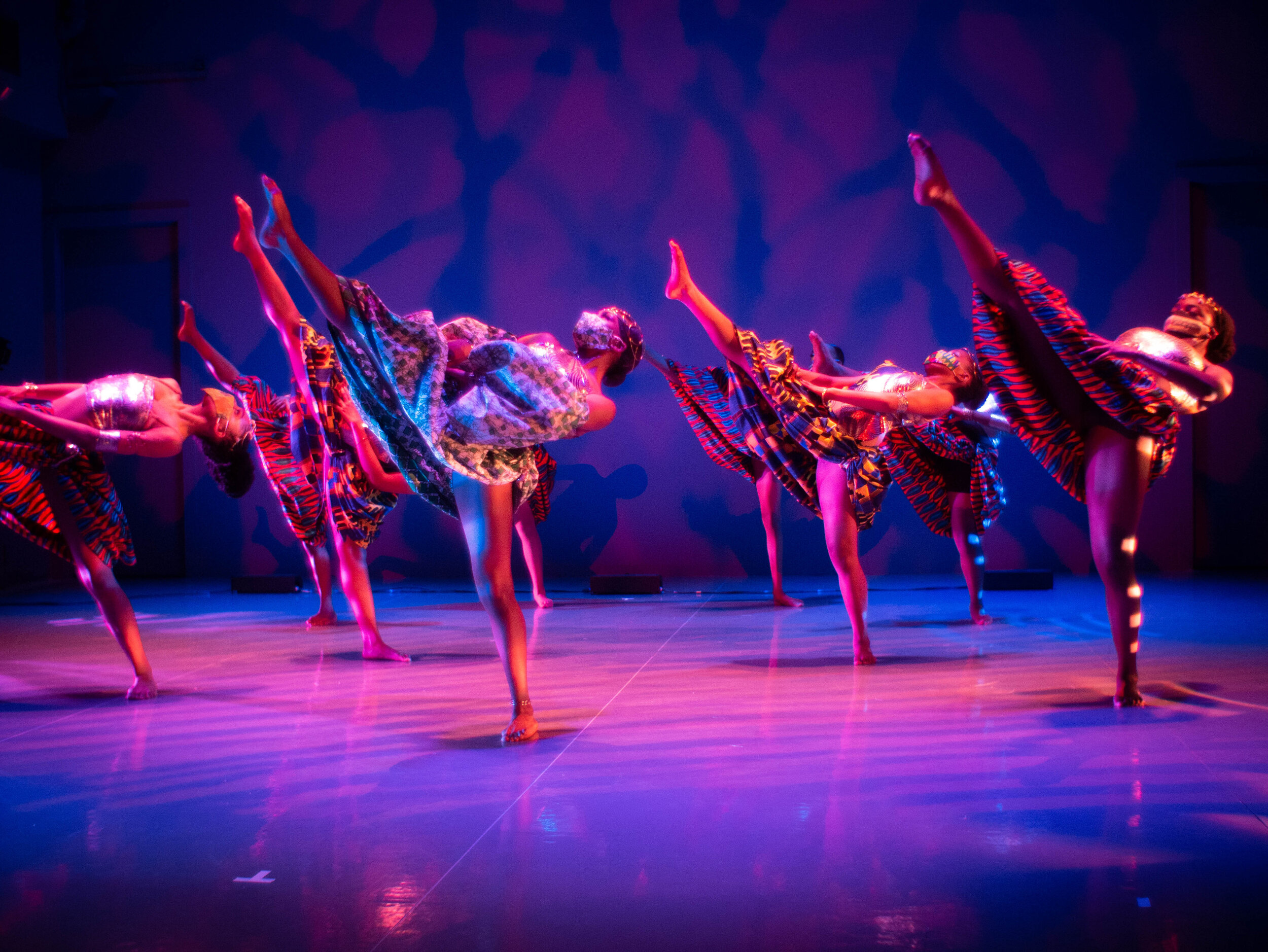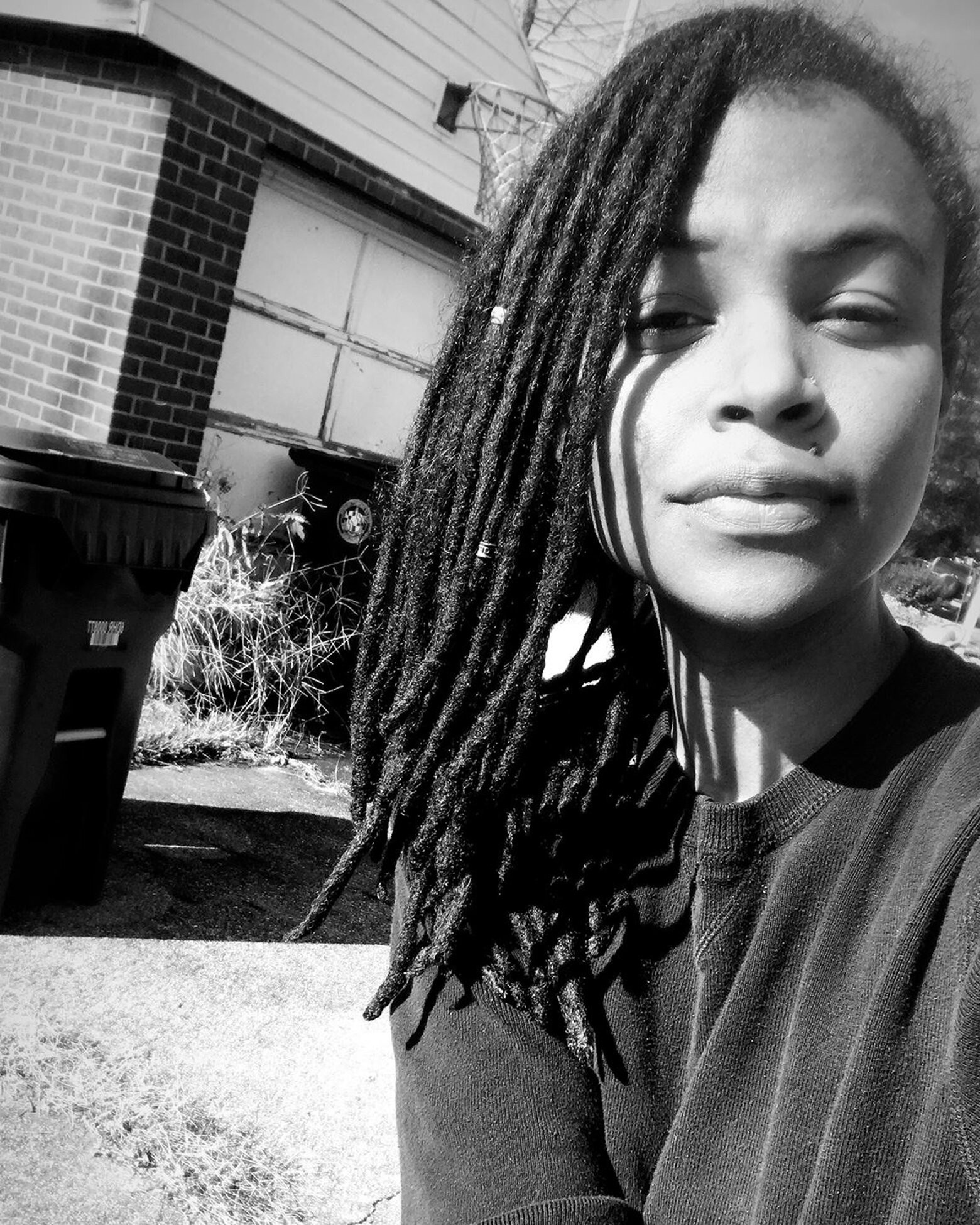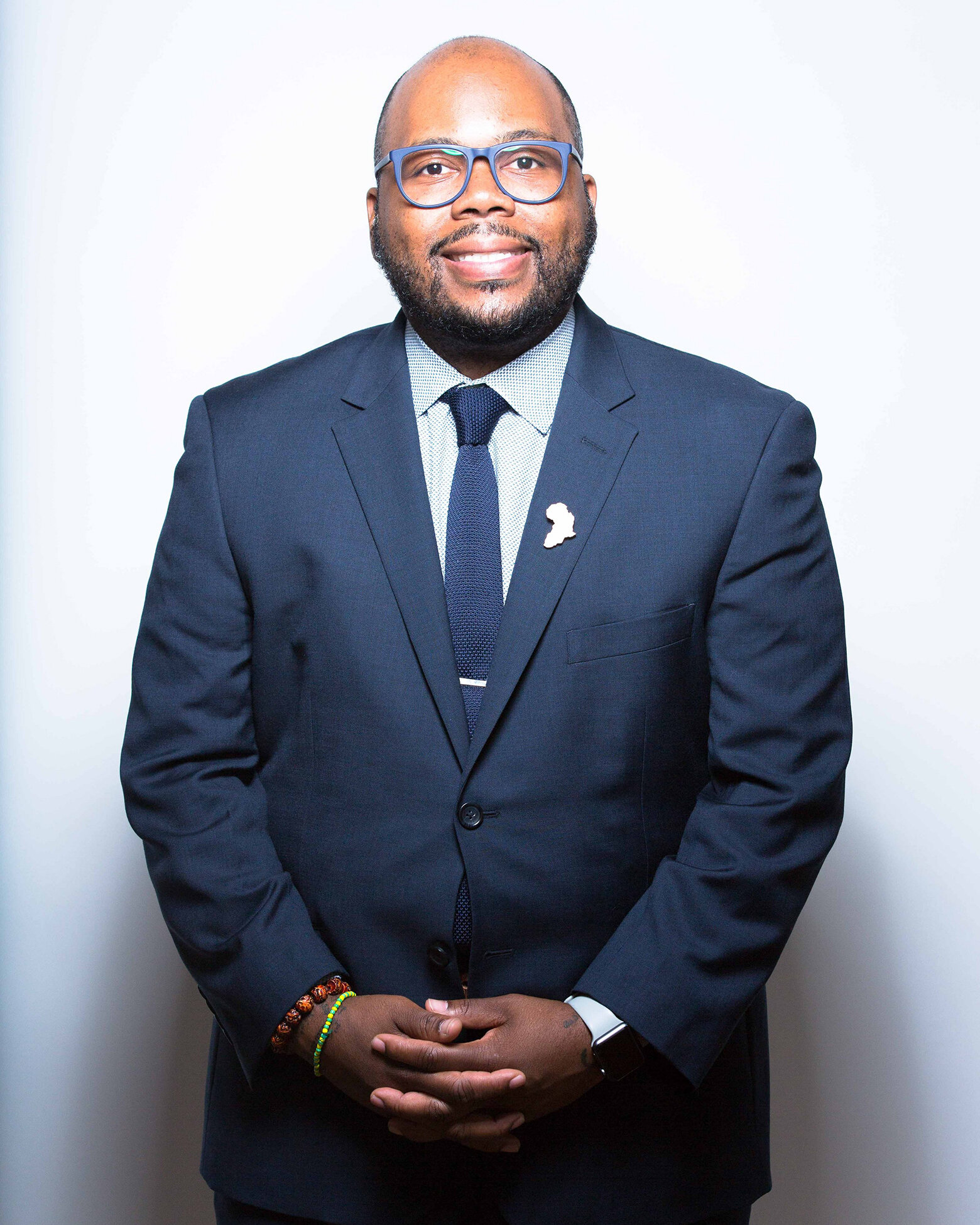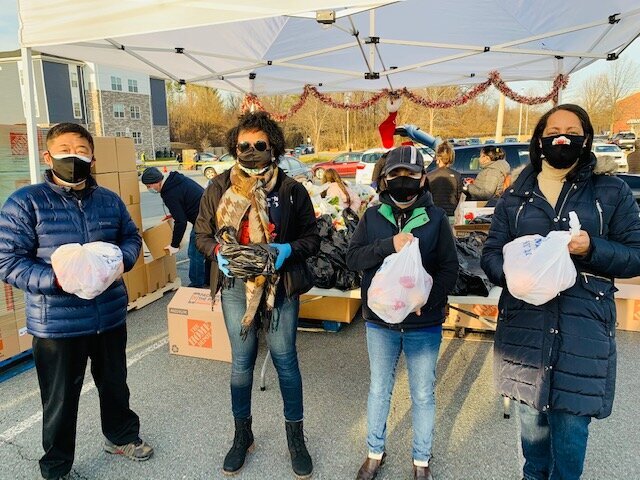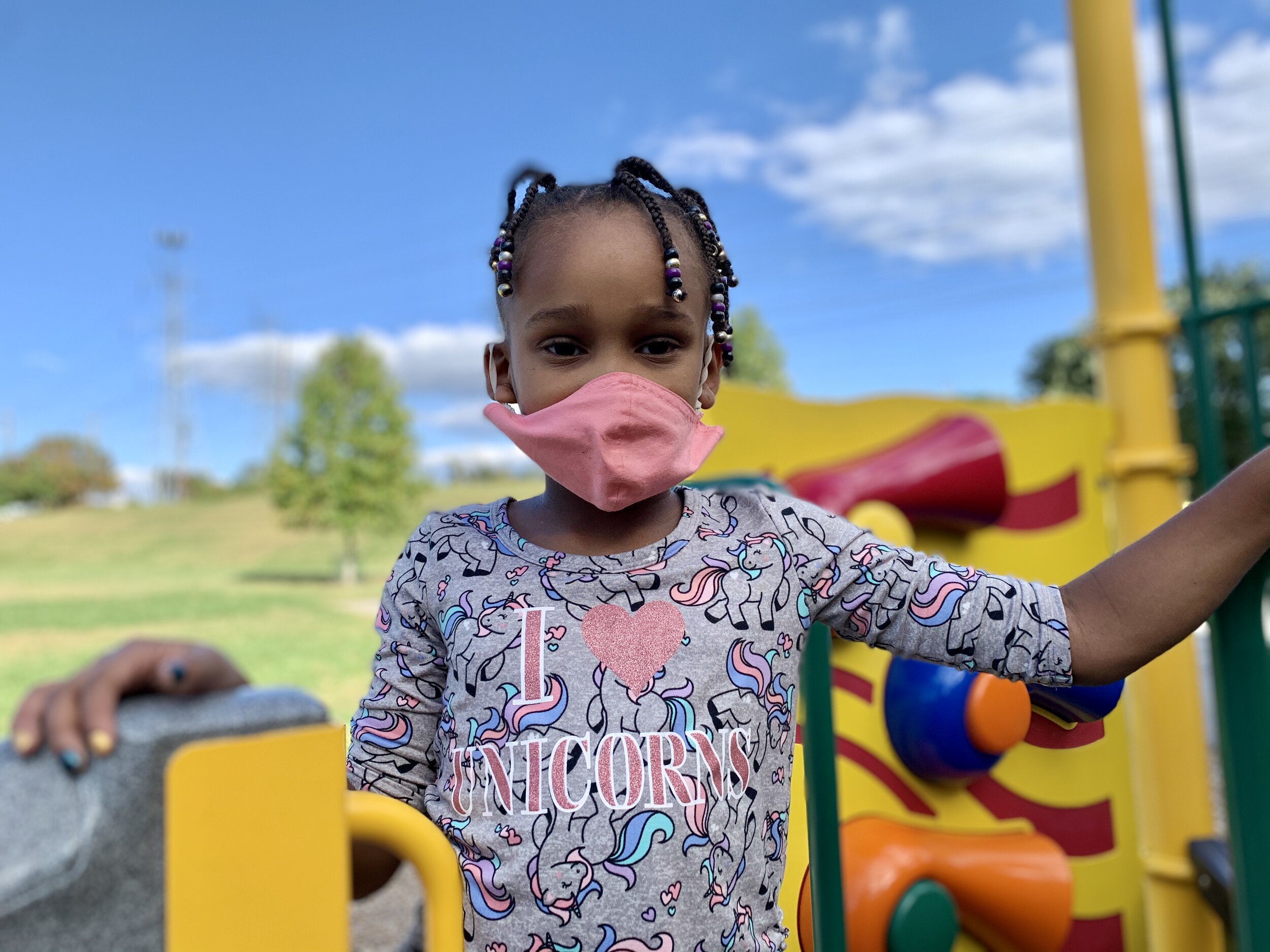African Communities Together, to support building an infrastructure for member recruitment, retention, and leadership development, including a member phone bank and data clean-up project.
Bread for the City, to support the hiring of a racial equity manager to drive efforts, that shift organizational culture to ensure racial equity. Funds will also support workshops for staff hosted by Service 2 Justice and the People’s Institute for Survival and Beyond.
Collective Action for Safe Spaces, to sustain and expand staff and board leadership through strategic planning, financial planning, and personnel recruitment.
Community Grocery Co-Op, to strengthen marketing and communications, fundraising, canvassing community stakeholders, hiring of staff, and leadership team development.
Concerned Citizens Network of Alexandria, to support fundraising, training and mobilization, and website and video upgrades.
Critical Exposure, to support hiring a full-time Human Resources and Operations Manager, a key role to meet sustainability goals for the organization.
DC Justice Lab, to support organizational needs such as equipment for a home office/remote work, IT, marketing and communications, development and fundraising collateral, and staff/board professional development and training.
Dreaming out Loud, to support the installation of a new CRM system, the implementation of public relations, and developing a comprehensive communications plan that improves community engagement.
Harriet’s Wildest Dreams, to hire a second full-time staff member, and support cover artist and speaker fees at their vision salons.
Life After Release, to support leadership development and wellness for a team of six organizers (five formerly incarcerated women and one man), the development of their organizational communications infrastructure, and office equipment for staff to work from home as needed.
Mamatoto Village, to support data collection, leadership training, and marking and communications needs.
Many Languages One Voice, to support MLOV’s investment in and building of a membership database in Salesforce, and hiring a strategic communications consultant.
ONE DC, to help re-open Black Workers and Wellness Center (BWWC) and resume activities housed in the center, namely Cooperation DC.
Progressive Maryland, to invest in new AI technology, provide training, streamline processes, and expand contacts.
Racial Justice NOW!, to support the development and implementation of a five-year strategic plan.
Serve Your City/Ward 6 Mutual Aid, for the organization including, conducting a board assessment, and hiring a consultant to train the board on governance, fundraising, budget allocation, human resources management and strategic planning.
The National Reentry Network of Returning Citizens, to support the development of a community space hub focused on returning citizen visibility and leadership, and provide the critical infrastructure needed for their staff and programs.




